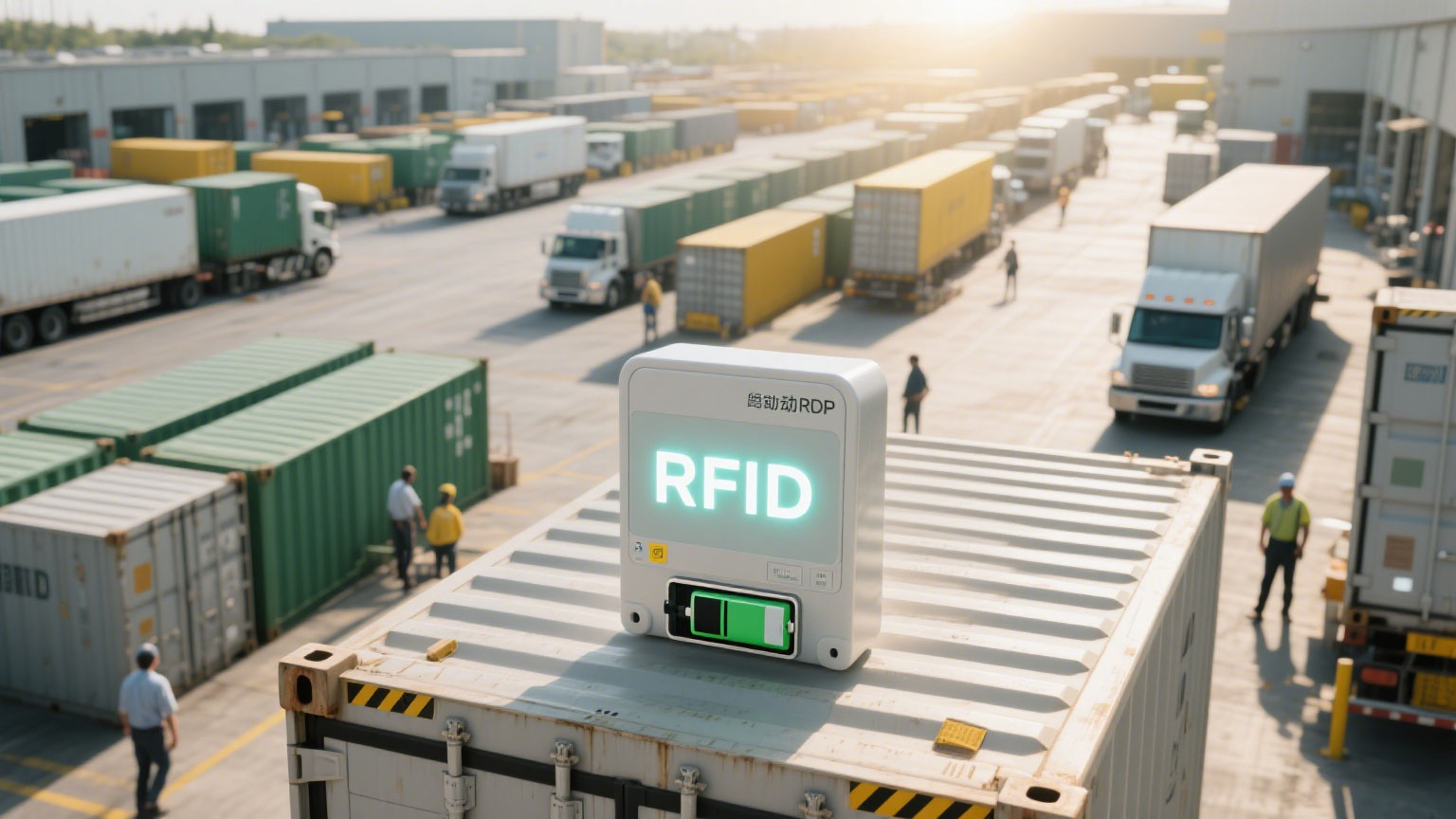Can iPhone Read and Write RFID? Here’s What You Can Actually Do.
34Thinking of using an iPhone for RFID projects? We cut through the hype to show what "read and write" really means for iPhone NFC, and when you need pro gear.
MoreAll RFID Product
Imagine tracking high-value equipment across a hospital campus vs. scanning boxes in a warehouse. One needs mile-long range; the other requires penny-cost tags. Active vs passive RFID isn’t just tech jargon – it’s choosing between two fundamentally different tools.
| Feature | Active RFID | Passive RFID |
|---|---|---|
| Power Source | Internal battery (3-5 year life) | Powered by reader’s signal |
| Range | 100m – 1km+ | 1cm – 15m |
| RFID Tag Cost | $15 – $100+ | $0.10 – $1.50 |
| Best For | Real-time vehicle/asset tracking | Inventory/asset identification |
Real Example:
A warehouse uses passive RFID for box-level tracking (scanning 500+ items per minute). Their yard uses active RFID to locate shipping containers across 20 acres.

“Switching to active RFID cut our search time for chemotherapy pumps from 45 minutes to 2 seconds.”
– Hospital Operations Director
Choose ACTIVE RFID if you need:
✅ Real-time location updates
✅ Long-range tracking (100m+)
✅ Monitoring high-value assets
Choose PASSIVE RFID if you need:
✅ Low-cost item tagging
✅ High-volume scanning
✅ Zero-maintenance solutions
Still unsure? Some providers like Cykeo offer hybrid tags – worth exploring for specialized use cases.
Thinking of using an iPhone for RFID projects? We cut through the hype to show what "read and write" really means for iPhone NFC, and when you need pro gear.
MoreAre long-range RFID readers secure? Learn encryption methods, anti-eavesdropping tactics, and how Cykeo’s solutions protect sensitive data across industries.
MoreRFID door reader solutions for warehouses and factories. Supports UHF RFID gate readers, ceiling tunnel readers, and seamless WMS integration.
MoreDiscover the top handheld RFID readers for libraries. Compare features, integration with systems like Koha or Sierra, and improve checkout efficiency with our expert picks.
More